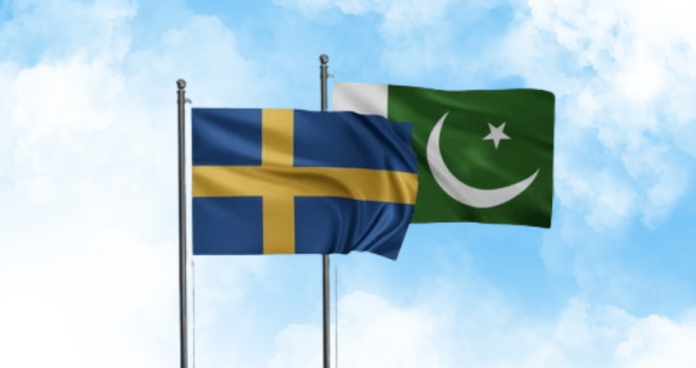Sweden’s Ambassador to Pakistan, Alexandra Berg von Linde, has raised concerns over significant challenges faced by more than 40 Swedish companies operating in the country.
Speaking at a meeting with the Karachi Chamber of Commerce and Industry (KCCI), she identified high tax rates, elevated energy costs, and restrictions on foreign currency transfers as critical barriers to attracting foreign investment and strengthening trade relations.
The ambassador emphasized that many Swedish firms, including globally recognized brands, have operated in Pakistan for decades and are well-acquainted with the complexities of its business environment. “While these companies see investment potential in Pakistan, it is crucial to address these hurdles to foster a more favorable climate for foreign investors,” she stated.
Touching upon Pakistan’s compliance with the Generalised Scheme of Preferences Plus (GSP Plus), von Linde acknowledged ongoing efforts to align with international conventions, including those related to human and labor rights, environmental regulations, and governance.
She described GSP Plus as a “generous system” that fosters economic growth while urging continuous collaboration with the European Union to maintain alignment with the scheme.
Sweden is keen on deepening collaboration with Pakistan in areas such as sustainability, digitalisation, and green transitions, von Linde added.
“These sectors represent a win-win for both nations, and a green transition is particularly vital for Pakistan to remain competitive in the EU market,” she remarked.
The ambassador highlighted the role of the Swedish Business Council in Pakistan, which has been instrumental in promoting trade and strengthening business ties between the two nations. “The council serves as an entry point for Swedish companies interested in exploring the Pakistani market,” she noted.
This year marks the 75th anniversary of diplomatic relations between Sweden and Pakistan. Reflecting on this milestone, the ambassador said the partnership, built on mutual respect, has evolved over the decades, focusing on shared goals of economic growth and sustainable development.






















